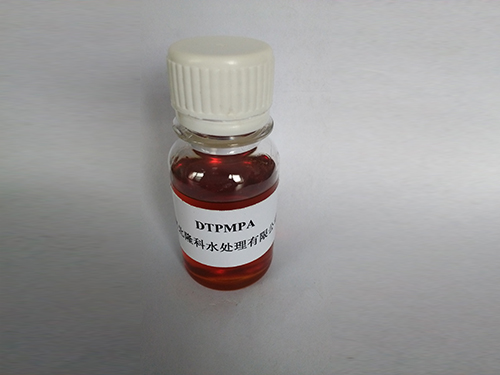non ionic polyacrylamide
Non-Ionic Polyacrylamide Applications and Advantages
Non-ionic polyacrylamide (NIPA), a versatile polymer, has gained significant attention in various fields due to its unique properties and functionalities. As a water-soluble synthetic polymer, NIPA is characterized by its non-ionic nature, which means it does not possess charged groups that enhance solubility and interaction with other materials. This article explores the features, applications, and advantages of non-ionic polyacrylamide.
Chemical Structure and Properties
Non-ionic polyacrylamide is derived from acrylamide monomers, which polymerize to form long-chain molecules. The absence of ionic groups in its structure leads to several beneficial properties, including high solubility in water, low toxicity, and good thermal stability. These attributes make it an ideal candidate for various applications in industries like water treatment, agriculture, and biotechnology.
Applications of Non-Ionic Polyacrylamide
1. Water Treatment One of the most significant applications of NIPA is in the treatment of wastewater. It is used as a flocculant, which means it helps to agglomerate suspended particles in water, facilitating their removal. The use of non-ionic polyacrylamide in water treatment processes leads to improved sedimentation, reduced turbidity, and minimized sludge volume. This is particularly beneficial in municipal and industrial wastewater treatment plants.
2. Soil Stabilization in Agriculture Non-ionic polyacrylamide is widely employed in agriculture to enhance soil structure and prevent erosion. When applied to soil, it binds soil particles together, improving water retention and promoting better root growth. This application is particularly useful in arid regions where water conservation is crucial. Furthermore, it aids in minimizing soil compaction, which can negatively affect crop yields.
3. Pharmaceuticals and Biotechnology In the pharmaceutical industry, NIPA plays a significant role in drug delivery systems. Its biocompatibility makes it suitable for encapsulating drugs, allowing for controlled release over time. Additionally, its ability to form hydrogels can be utilized in tissue engineering, where scaffolding is needed for cell growth and regeneration. This opens up numerous possibilities for developing innovative therapeutic strategies.
non ionic polyacrylamide

4. Cosmetics and Personal Care Non-ionic polyacrylamide is also used in the cosmetics industry as a thickening agent and stabilizer in lotions, creams, and gels. Its ability to improve the texture and feel of products enhances user experience. Moreover, it can help to maintain product consistency, ensuring that formulations remain effective over time.
5. Mining and Oil Recovery In the mining industry, NIPA is utilized in the separation processes of minerals. It serves as a flocculant, improving the efficiency of solid-liquid separation operations, which is crucial for mineral extraction. Additionally, in enhanced oil recovery processes, non-ionic polyacrylamide aids in viscosity modification, improving oil flow and maximizing extraction efficiency.
Advantages of Non-Ionic Polyacrylamide
The use of non-ionic polyacrylamide presents several advantages over other polymer types. Firstly, its non-ionic nature ensures compatibility with a wide range of substances, allowing for effective interactions without electrostatic repulsion. Secondly, it is less likely to cause biological toxicity, which is particularly important in applications such as water treatment and pharmaceuticals. Furthermore, NIPA's excellent water solubility and ability to form viscous solutions enhance its effectiveness as a flocculant and soil conditioner.
Moreover, non-ionic polyacrylamide is considered environmentally friendly due to its biodegradability, making it a sustainable choice for industries that are becoming increasingly focused on reducing their environmental footprint. The development of eco-friendly practices in industrial applications is a significant benefit that cannot be overlooked.
Conclusion
In conclusion, non-ionic polyacrylamide is a highly valuable polymer with a myriad of applications across various industries. Its unique properties such as excellent solubility, biocompatibility, and low toxicity make it an ideal choice in water treatment, agriculture, pharmaceuticals, cosmetics, and more. As industries continue to seek innovative and eco-friendly solutions, the relevance and application of non-ionic polyacrylamide are likely to expand further, paving the way for advancements in technology and sustainability.
-
The Ultimate Guide to Flocculants: Transforming Water TreatmentNewsNov.01,2024
-
Improve Your Water Treatment Solutions with PolyacrylamideNewsNov.01,2024
-
Enhance Your Water TreatmentNewsNov.01,2024
-
Empower You to Achieve the Highest Standards of Water QualityNewsNov.01,2024
-
Effective Scale InhibitorsNewsNov.01,2024
-
Discover the Power of Poly Aluminum Chloride in Water TreatmentNewsNov.01,2024





